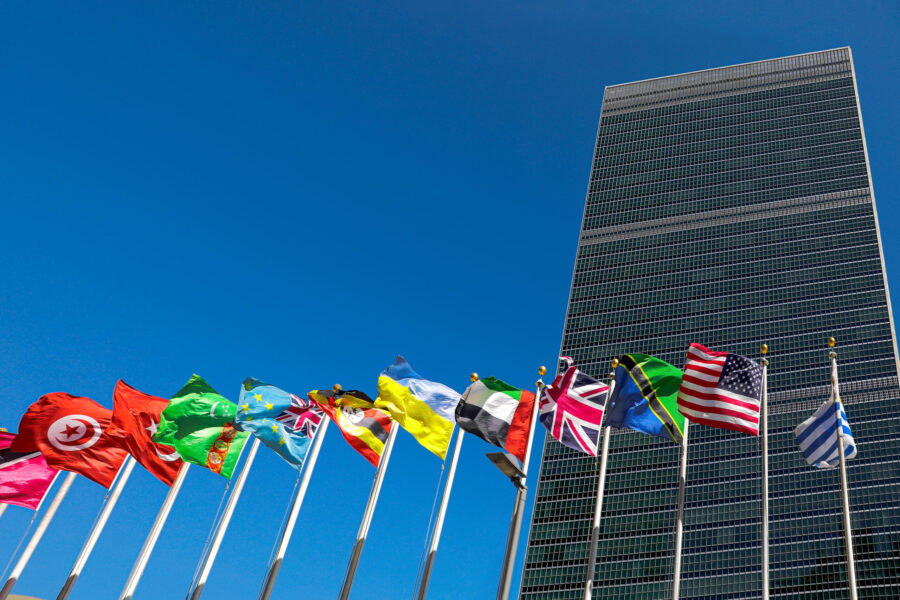
In Foreign Policy, Andre Pagliarini makes a defense of the U.N. via a piece that promotes the vision espoused by Brazilian President Luiz Inácio Lula da Silva (known as Lula), while deriding President Donald Trump’s criticisms of the body. Pagliarini acknowledges that many former American presidents have disregarded the United Nations to instead work unilaterally toward their goals. He also notes that Lula himself had criticisms of the U.N. Pagliarini writes:
Lula has consistently advocated for a multipolar world order that includes diverse voices, particularly from the global south, to strengthen the multilateral institutions that the United States helped build in the wake of World War II.
During Lula’s first presidency, he championed debt relief for poor nations, pushed for bold climate commitments, and helped broker a nuclear deal with Iran in 2010 that the United States then scuttled. More recently, he has turned to coalitions of the global south to advance similar goals: hosting a summit of Amazonian nations to coordinate environmental policy, launching initiatives to combat hunger and food insecurity, and calling for joint diplomatic efforts to mediate conflicts in Ukraine and Gaza. Through these moves, Lula has sought not to undermine the international order but to expand the cast of characters who can shape it.
If anything, the flippant attitude of various U.S. presidents has made it more difficult for the U.N. to reach its multilateral ideal. President George W. Bush notably bypassed the Security Council to invade Iraq in 2003, inflicting lasting damage on the body’s credibility as a guarantor of international law. President Barack Obama, while rhetorically more supportive of the U.N. mission, relied heavily on unilateral drone strikes abroad to bypass the Security Council.
Now, the Trump administration has compounded these strains by withholding funding to the U.N., forcing the organization to scale back core operations—from humanitarian aid in Gaza and Sudan to peacekeeping missions in Mali and the Democratic Republic of the Congo. These moves have weakened the very institutions that the United States once helped design, leaving more space for alternative coalitions such as BRICS to gain ground.
Read more here.




